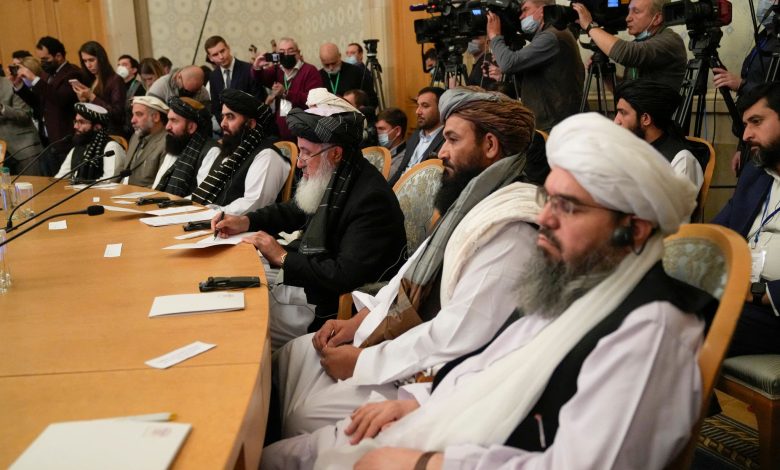Afghanistan: Taliban seeks to ignite civil war threatening to undermine the fragile stability of the country

The Taliban recently tried to bring Shia leader Mehdi Mujahid back to their ranks, fearing his growing influence among some Afghan Shiites eager to revolt against the movement that had oppressed them for decades. But after taking control of the government, Taliban forces are piling up around the area he controls – and Mehdi and his men were ready to fight.
One of the fighters, Sayed Qasim, 70, confirmed: “If the Taliban don’t want an inclusive government, if they don’t give rights to Shiites and women, we will never bring peace to Afghanistan, and as long as we have blood in our bodies, we will fight”.
Taliban tyranny
The clashes that took place in Sar-e-Pul province last June are the latest in a conflict taking place across northern Afghanistan, where armed factions are challenging the Taliban government. It is a grim reminder that Afghanistan has not yet escaped the security crises and civil unrest, violence and bloodshed that have characterized the country over the past 40 years, according to the New York Times. The newspaper met with the rebels in Sar-e-Pul in June. Leaders of the armed groups, who, despite their limited size and relative size, have successfully challenged the Taliban rule.
Crushing opponents
Taliban officials have sought to downplay any uprising in order to maintain public support and provide peace and security for the country, and none of the eight resistance groups that have so far emerged as a legitimate threat to Taliban control of the country is likely to pose a threat to Afghanistan’s fragile stability.
The New York Times emphasized that despite the weakness of these militias, the Taliban movement is determined to eliminate any remnants of brutal opposition. The new government has flooded resistance strongholds with thousands of troops who have summarily executed captured fighters and tortured populations they believe support the armed opposition, according to Human Rights Watch and Amnesty International. The crackdown is the latest sign that the new government, like their first regime, is relying on force and intimidation to crush any form of opposition, but the brutalizing the Afghan economy because of the brutal rule of the Taliban.
Flammable
The Shiite insurgent leader Mehdi gathered a handful of advisors in his house in central Balkh Ab and looked out the window to see dozens of militants along the main road awaiting his orders to march. Just two weeks ago, Mehdi took control of this unruly slice of northern Afghanistan; Taliban forces have now massed troops along the border. A Taliban attack is imminent and could ignite at any moment. Observers believe that the flare-up would not topple the Taliban, but would plunge Afghanistan into waves of internal conflicts that increase its economic and security crises.












